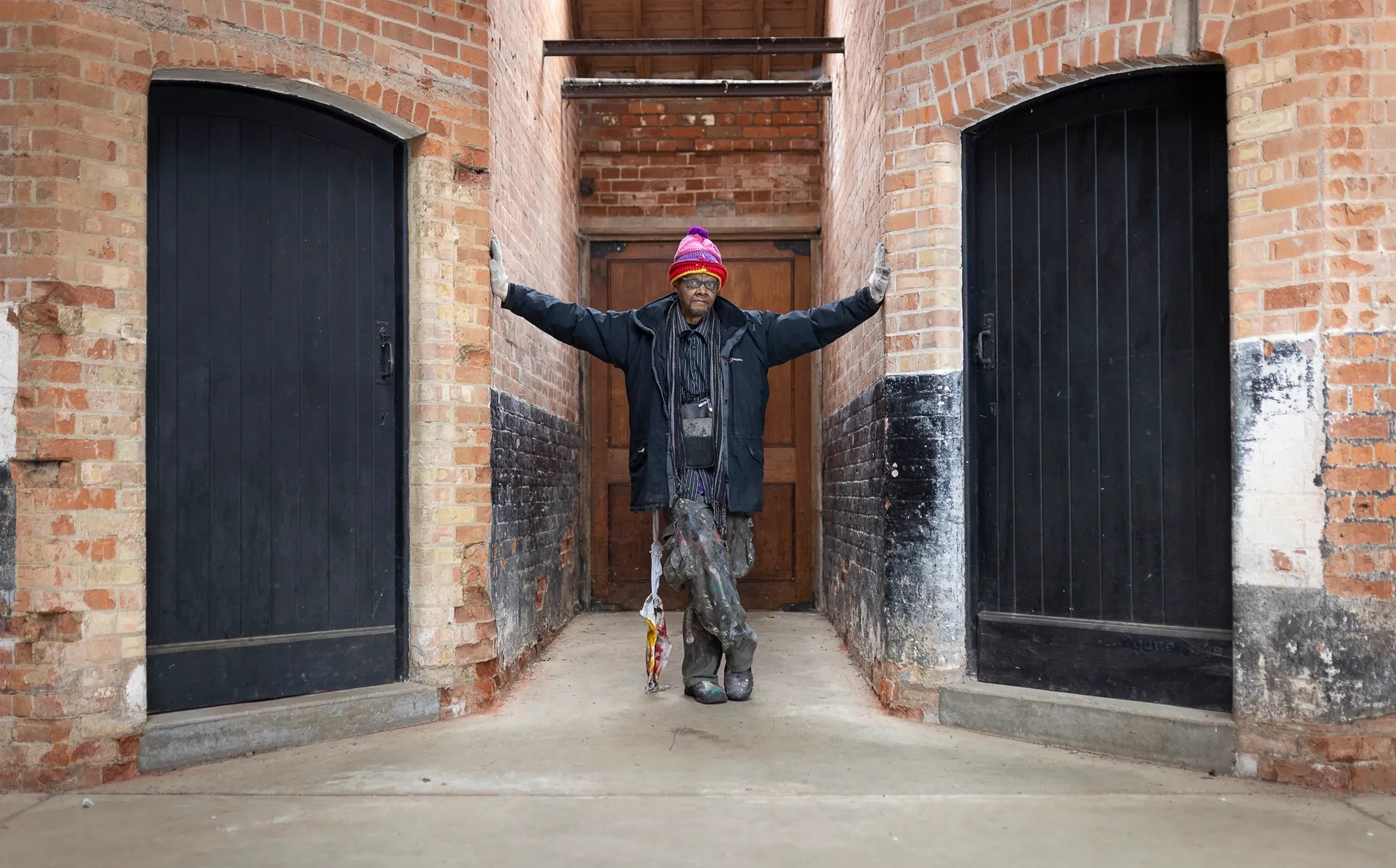In the 1990s, Lonnie Holley wrote an autobiographical sketch, a stream-of-consciousness memoir of extreme poverty and hardship. Early in the text, he writes about a woman who took him away from his mother as an infant before, when he was four, “the lady sold me to another lady for a pint of whiskey”. The trauma that follows is relentless, including physical abuse, horrific racism and exploitation and jail time, before his life was saved by art. Now, he is widely celebrated for both the sculptures he initially made from found objects in his yard in Birmingham, Alabama, and, more recently, his performance practice, based on improvised voice-and-piano compositions—impressionistic, autobiographical and deeply moving.
